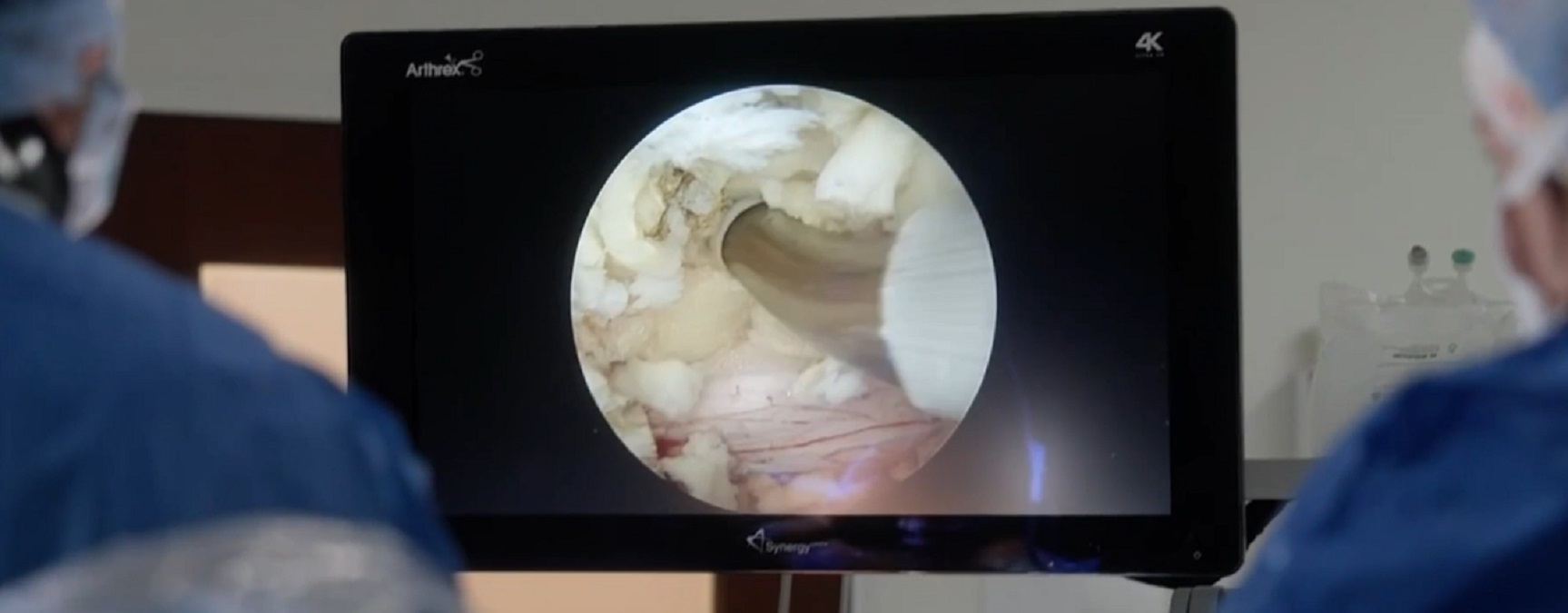Finally, it is almost time for a head-to-head showdown between Mayor Rahm Emanuel and his challenger Jesus “Chuy” Garcia. The two will meet Monday at 6 p.m. at NBC Tower their first of three debates before the April 7 runoff election to determine the next chief executive for America’s third largest city.
Of course, there has been no shortage of television commercials, Tweets, interviews, and press releases throughout the campaign thus far. Tonight, both men will face-off and have the opportunity to question and challenge one another in person, live.
We’re sure that both Garcia and Emanuel have their talking points memorized and well-rehearsed, but there are a few important topics that we hope to hear more about. It may be overly optimistic, but here are the four issues we hope Rahm Emanuel and Jesus “Chuy” Garcia won’t be able to avoid or evade, tonight in the debate.
Public Employee Contracts Before the State Supreme Court
Local
Last week the Illinois Supreme Court heard oral arguments from the government in support of a 2013 state law passed to cut back on public employee pension benefits, and from employees and retirees who are challenging the law as unconstitutional. How the court rules on this state case could very well affect the future of Chicago public employees as well, as Mayor Emanuel has already negotiated money-saving and benefit-reducing contract changes with several city employee unions.
Depending on how the court rules, more deals like those could go through, or existing ones could be rolled back, and the city will be forced to find other ways to save money than taking away benefits already promised and paid into by public employees. In tonight’s debate, we want to hear Emanuel and Garcia both discuss their opinion on the state case.
Garcia, who has said he doesn’t want to reduce pension benefits for employee benefits, needs to discuss specifics for how he plans to pay for the obligations. His good intentions towards public employees will matter not at all if he can’t find the money elsewhere to back up his promises.
Emanuel, who has made increased public employee contributions, as well as scaling back of their pension benefits, a centerpiece of his financial framework, needs to explain why city servants who have paid their share for years, should pick up the slack for an irresponsible government that didn’t do its part.
Emanuel claims that he can keep Chicago working, but he needs to explain why we should expect the best out of our police officers, firefighters, teachers, and others, if the city can’t even keep its word to them on contracts.
Remind us again, why are we using TIFs?
Mayor Emanuel has been a more unequivocal supporter of tax increment financing district use (TIFs) than his challenger, but even Garcia advocates for their use, if district definition can be narrowed down and adhered to. Over the years, TIF has been referred to as a cure-all for many issues ranging from budget shortfalls, economic development to crime reduction.
However, the real purpose of TIF is to increase employment. Studies have shown, however, that TIF doesn’t impact employment positively in any substantive way.
While TIF may not be the job-creator it was promised to be, it has certainly proved to be a political marvel as it both centralizes power in the mayor’s office while simultaneously giving individual ward alderman more money and discretion within their own fiefdoms. It’s little wonder, then, why few politicians oppose TIF district use.
It is time to stop accepting TIF use an inevitability, however, and Emanuel and Garcia both need to answer for why they believe they should still be used at all.
Thrive Zone Specifics
Mayor Emanuel has criticized Jesus Garcia for not providing details on key components of his financial plans. That criticism, in and of itself, is well-warranted.
However, Emanuel has not done any better by that measure with some of his signature financial proposals, either. Take, for example, his so-called Thrive Zone idea.
The TIF-esque concept is so underdeveloped that it barely warrants being called a plan. The idea is for the city to designate areas of the city in need of business development and job creation, and reward businesses who decide to set up shop there by exempting them from property, income and sales taxes.
However, in his haste to unveil a nice-sounding new plan, the mayor didn’t bother to detail anything of substance about the new zones. For example, specific criteria for when an area would be eligible to designated as a “thrive zone,” were not detailed.
Neither were time lengths on the proposed business tax breaks, size and scale of the zones, or where the money for them would come from. As it stands, the idea sounds like simply another way blighted areas might have an undetermined and perhaps unlimited amount of money taken away from their already struggling schools through the freezing or elimination of school-funding property taxes for businesses.
Business as Usual: Are They For, or Against, the Corruption Tax?
When it comes to ideas for how to deal with Chicago’s money problems, Emanuel and Garcia (different as they may like us to believe they are from one another) have both seemed content to play around the fringes. Garcia wants to look into reorganizing government departments and personnel in a way that he may have difficulty accomplishing, post-Shakman, as well as change the way pension funds are managed, but even he admits that those savings won’t come close to closing our budget gap.
Mayor Emanuel’s best ideas so far have included going back on city contracts, increasing the burden on city servants, and borrowing millions upon millions to pay for contracts and “balance” our budget. Meanwhile, neither candidate has targeted changing the often corrupt way the city (and county, and state) does business with contractors.
From limited bidding public contract processes, to over-budget public works projects being completed past deadline by campaign donors, and much else, some political scientists have estimated that the state loses hundreds of millions of dollars that we sorely need.
It’s called the “corruption tax, and Chicago certainly pays its share. It is high-time both candidates address the issue and let voters know if they are brave enough to try and do anything about it.



